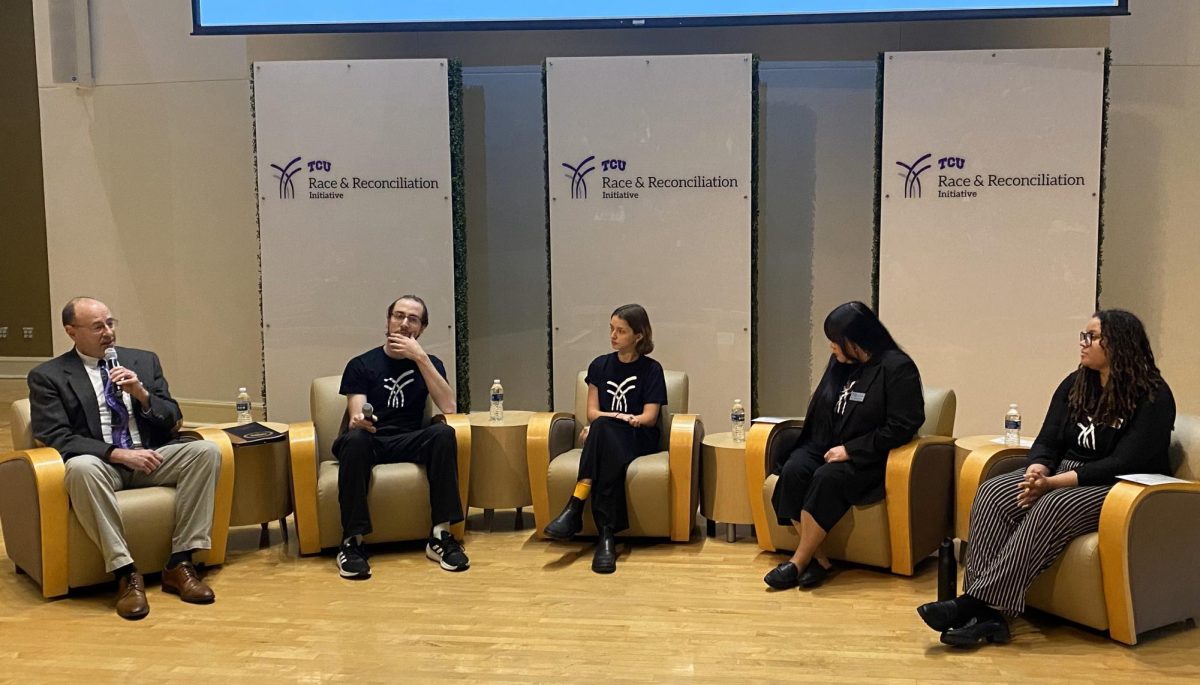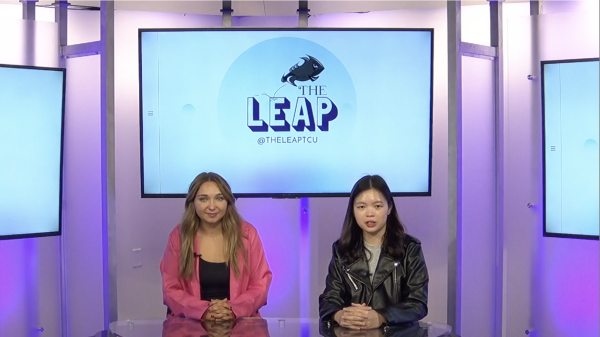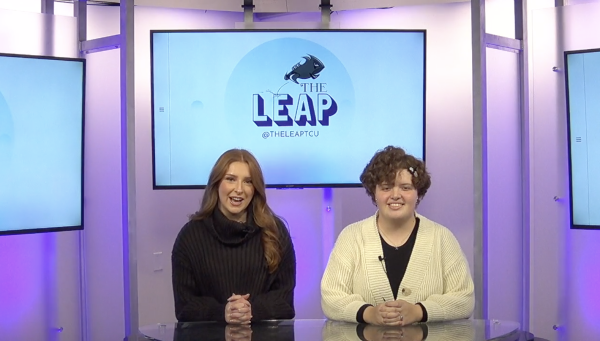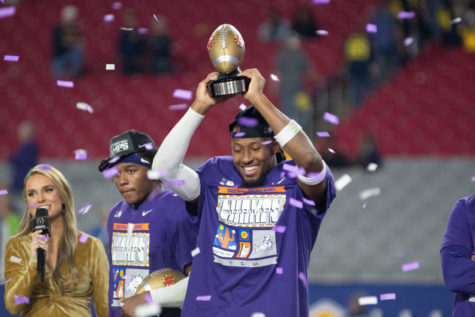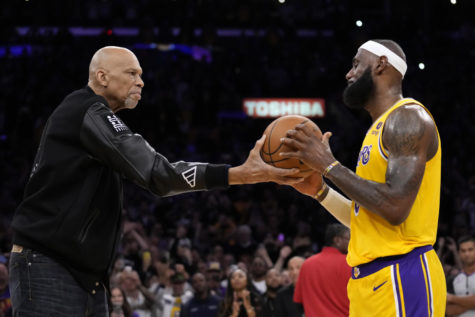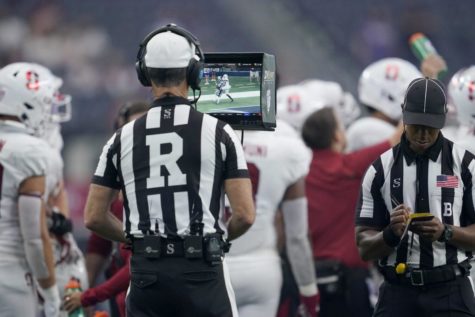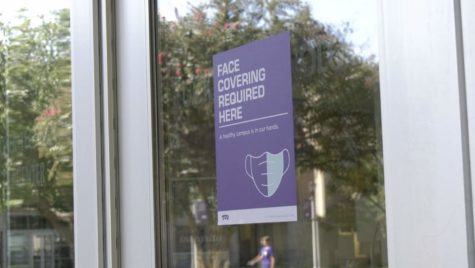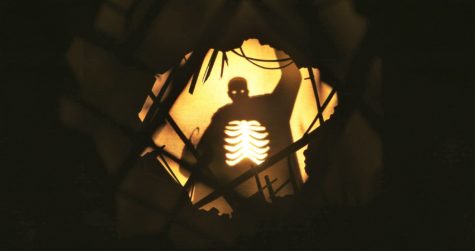Retaliation does not promote justice, courts do
Published Apr 13, 2012
The long, arduous battle to try 17-year-old Trayvon Martin’s shooter, George Zimmerman, has finally been won. Florida Special Prosecutor Angela Corey charged Zimmerman with one count of second-degree murder Wednesday for which, if convicted, Zimmerman could face a minimum of 25 years in prison and a maximum of life.
In Corey’s Florida news conference, the prosecutor noted that “It is the search for justice for Trayvon” that brought her and her team together to “work tirelessly to bring answers [to the case].”
Zimmerman turned himself in Wednesday at the Seminole County Jail with a convoy of armed agents with automatic weapons.
On Tuesday, Zimmerman’s attorneys Craig Sonner and Hal Uhrig withdrew from the case, citing that they had lost contact with Zimmerman but still proclaimed his innocence and that he acted in self-defense.
The Sanford, Fla., neighborhood watch volunteer had been in hiding ever since the slaughter of Trayvon back in late February for fear of his safety.
It was perhaps in Zimmerman’s best interest that he hid for the period of time he was under investigation as even former heavyweight champion Mike Tyson said, “It’s a disgrace that man hasn’t been dragged out of his house and tied to a car and taken away.”
Contrary to Corey’s statement that “We do not prosecute by public pressure or by petition,” it is quite apparent that the media and citizen outrage had an impact on the decision to arrest Zimmerman and try him for second-degree murder.
Critics of the arrest, however, maintain that Zimmerman’s arrest will not solve anything as there are no witnesses capable of fully explaining the situation as the shooting happened at night and because it was hard to see Martin and Zimmerman.
The only facts that are publicly known are that Martin was walking with a bag of Skittles and an Arizona Iced Tea in a black hoodie in a gated Sanford community where his father lived. Zimmerman followed Martin despite being told not to by Sanford police on a 911 call and eventually fatally shot Martin.
No matter what actions may have caused Zimmerman to shoot Martin for whatever reason, even self-defense, with the available testimony there simply may not be enough evidence to convict Zimmerman on second-degree murder.
One definition of second-degree murder is “1) an intentional killing that is not premeditated or planned nor committed in a reasonable ‘heat of passion’ or 2) a killing caused by dangerous conduct and the offender’s obvious lack of concern for human life.”
One of the largest and most persistent problems with the current public situation in the Zimmerman-Martin case is that violence, the thing that people have come together to fight against, is the very platform that many citizens are willing to utilize to achieve justice for Trayvon.
Many, such as Tyson, cite violence as a viable option as retribution for Zimmerman’s actions. These calls for violence cannot be tolerated, nor can they
be advocated.
The Rev. Al Sharpton and other civil rights leaders asked the public not to tarnish Trayvon’s name by using violence unjustly to punish an individual who may have initially acted unjustly himself. He furthermore pointed out, “We are not in the business of revenge. We are in the business of justice.”
Whatever happens to Zimmerman, it must be determined in the court of law, no matter how heated people may become at the onset of the discussion. The fact of the matter is that justice, however slow and however arduous, is being determined by the court and jury. Given time, there truly will be justice for Trayvon.
Jonathan L. Davis is a junior political science and psychology double major from Niagara Falls, Ontario.


